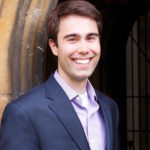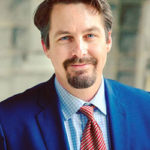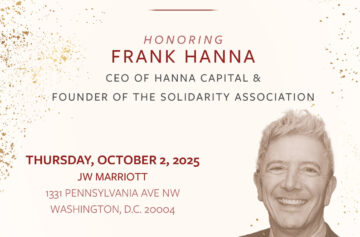
- This event has passed.
Government | History | Literature | Political Thought | Religious Freedom
Our Dear-Bought Liberty: Catholics and Religious Toleration in Early America
Wednesday, June 16, 2021
2:00 pm EDT - 3:00 pm EDT
Live Streamed
Online Only Event
Description
Dr. Michael Breidenbach, Associate Professor and Chair of History at Ave Maria University, discusses how early American Catholics justified secularism and overcame suspicions of disloyalty, transforming ideas of religious liberty in the process. The event is moderated by Dr. Chad Pecknold, Professor of Historical & Systematic Theology at The Catholic University of America.
About the book:
In colonial America, Catholics were presumed dangerous until proven loyal. Yet Catholics went on to sign the Declaration of Independence and helped to finalize the First Amendment to the Constitution. What explains this remarkable transformation? Catholic leaders emphasized their church’s own traditions—rather than Enlightenment liberalism—to secure the religious liberty that enabled their incorporation in American life.
Catholics responded to charges of disloyalty by denying papal infallibility and the pope’s authority to intervene in civil affairs. Rome staunchly rejected such dissent, but reform-minded Catholics justified their stance by looking to conciliarism, an intellectual tradition rooted in medieval Catholic thought yet compatible with a republican view of temporal independence and church-state separation. Drawing on new archival material, Breidenbach finds that early American Catholic leaders, including Maryland founder Cecil Calvert and members of the prominent Carroll family, relied on the conciliarist tradition to help institute religious toleration, including the Maryland Toleration Act of 1649.
The critical role of Catholics in establishing American church–state separation enjoins us to revise not only our sense of who the American founders were, but also our understanding of the sources of secularism. Church–state separation in America, generally understood as the product of a Protestant-driven Enlightenment, was in key respects derived from Catholic thinking. Our Dear-Bought Liberty therefore offers a dramatic departure from received wisdom, suggesting that religious liberty in America was not bestowed by liberal consensus but partly defined through the ingenuity of a persecuted minority.
About the Speakers

Dr. Michael Breidenbach is Associate Professor and Chair of History at Ave Maria University. His research interests concern the history of political, legal, and religious thought, especially in early America and the Atlantic World. He has particular interests in religious liberty, church and state, and the relationship between religion and politics.

Dr. Chad Pecknold received his PhD from the University of Cambridge (UK) and since 2008 he has been a Professor of Historical & Systematic Theology in the School of Theology at The Catholic University of America in Washington, DC. He teaches in the areas of fundamental theology, Christian anthropology, and political theology.

